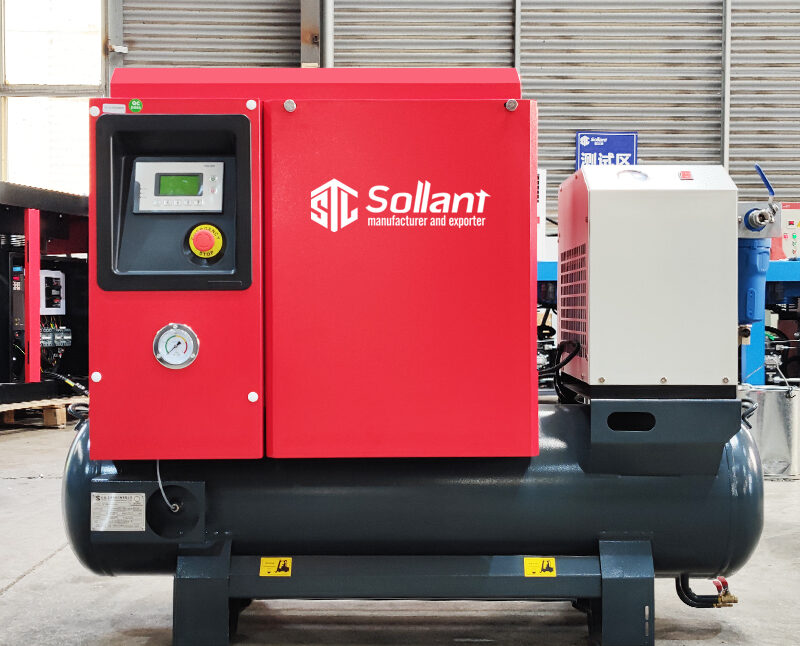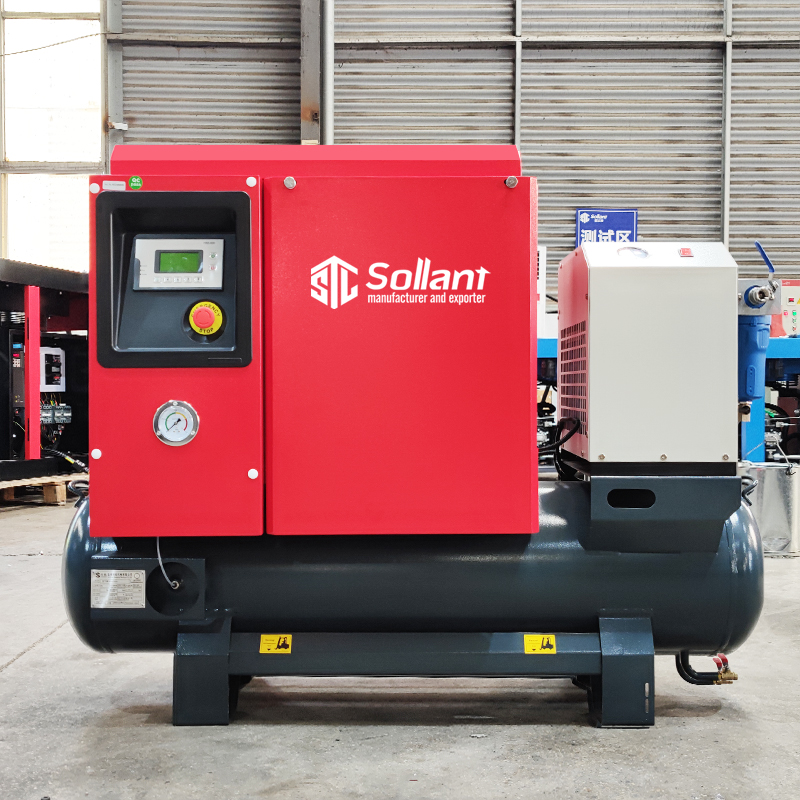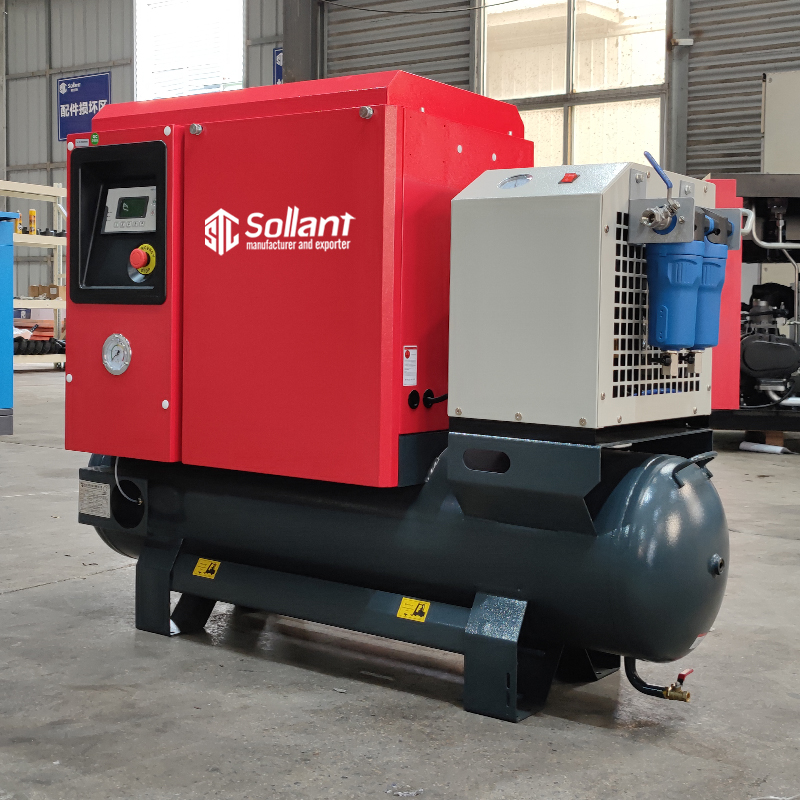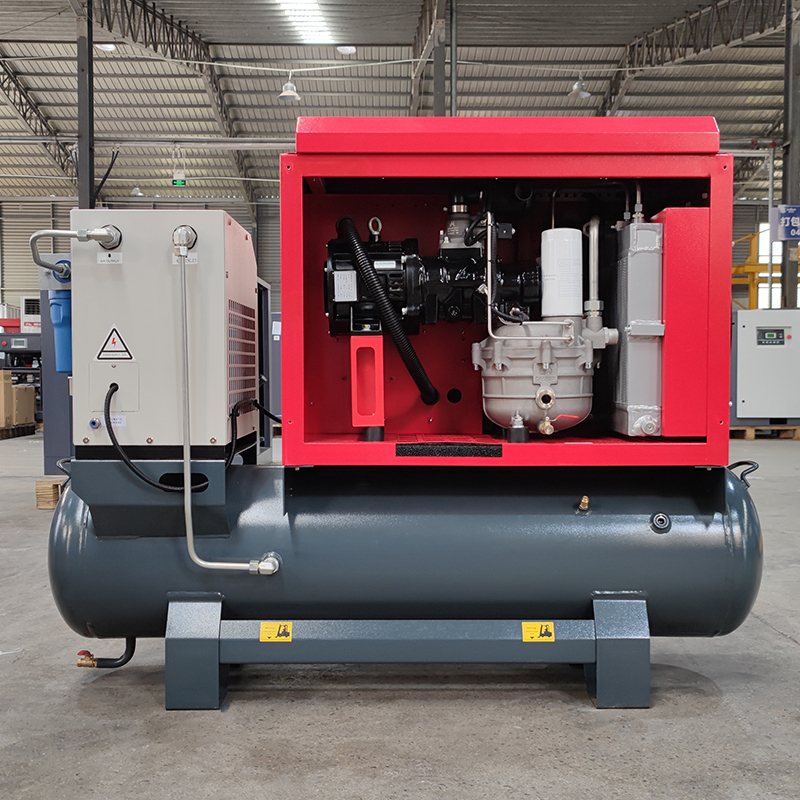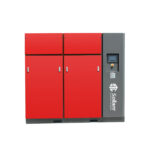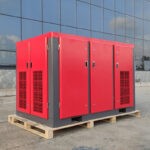Air compressors are essential in industrial production, with their output stability directly impacting production efficiency and product quality. However, insufficient air compressor output is a common issue. As an expert in the field, I will analyze the reasons for this problem from multiple angles.
1. Unit Self-Reasons
1.1 Untimely Maintenance
Maintenance is crucial for ensuring the normal operation and efficient output of air compressors. In environments with high dust and humidity, air filters and oil filters can easily become clogged, reducing intake and exhaust efficiency. If these filters are not replaced or cleaned regularly, the gas output will drop significantly. Regular inspection and replacement of the air filter, oil filter, oil separator, and lubricating oil are essential for maintaining efficient air compressor operation.
1.2 Low Operating Pressure Settings
Some companies set the operating pressure of the air compressor too low to save energy. When actual production demand exceeds this set value, the workshop pressure cannot rise, resulting in insufficient gas production. It is crucial to set and adjust the operating pressure of the air compressor to meet production demands.
1.3 Frequent Unloading
Frequent unloading during air compressor operation can destabilize air pressure and reduce gas production. This issue is often caused by a faulty loading and unloading solenoid valve or a problem with the small piston. Checking and ensuring the proper functioning of these components is necessary to avoid frequent unloading.
1.4 Intake Valve Failure
The intake valve’s condition directly affects intake volume and exhaust efficiency. If the intake valve cannot open fully, it will lead to insufficient intake and reduced gas production. Regularly checking the intake valve’s condition and replacing it when necessary ensures efficient air compressor operation.
1.5 Motor Failure
The motor powers the air compressor, and its condition directly impacts the speed and gas production. Motor issues, such as bearing wear or shaft wear, can reduce motor speed and gas production. Regularly inspecting the motor and replacing damaged parts are key to maintaining efficient motor operation. Proper motor maintenance can prevent unexpected breakdowns and ensure consistent gas output.
1.6 Loose Belt
For belt-driven air compressors, a loose belt can decrease transmission efficiency, affecting speed and gas production. Regularly checking and adjusting belt tightness is important for stable and efficient transmission. Keeping the belts properly tensioned helps maintain the overall efficiency of the air compressor.
2. Human Factors
Human factors also contribute to insufficient gas production. Improper operation, untimely maintenance, and incorrect settings can directly impact the air compressor’s performance. Strengthening operator training and management, ensuring familiarity with operating procedures and maintenance requirements, is crucial to avoid human-induced production issues. Proper training can minimize errors and improve the overall efficiency of the air compressor system.
3. Other Factors
3.1 Environmental Conditions
High ambient temperature, high humidity, and high altitude can affect the operating efficiency and gas production of air compressors. These environmental factors can lead to reduced performance and output. Implementing climate control measures and optimizing the operating environment can mitigate these effects.
3.2 Design and Manufacturing Quality
The design and manufacturing quality of the air compressor itself can also impact its gas production stability.
Considering these factors when selecting and using air compressors, and taking measures to mitigate their effects, can help maintain efficient gas production.
Conclusion
There are many reasons for insufficient gas production in air compressors, including unit-specific issues, human factors, and environmental conditions. Ensuring efficient operation and stable output requires a comprehensive approach:
- Strengthening maintenance management
- Optimizing operating parameters
- Improving operator skills
By addressing these aspects, the occurrence of insufficient gas production can be minimized, ensuring the air compressor operates efficiently and meets production demands.
3 Proven Reasons for Overheating in Oil-Free Screw Air Compressors

